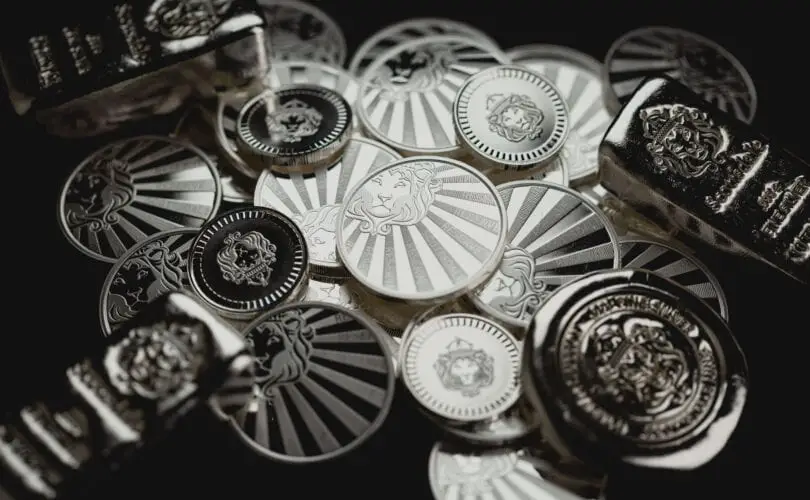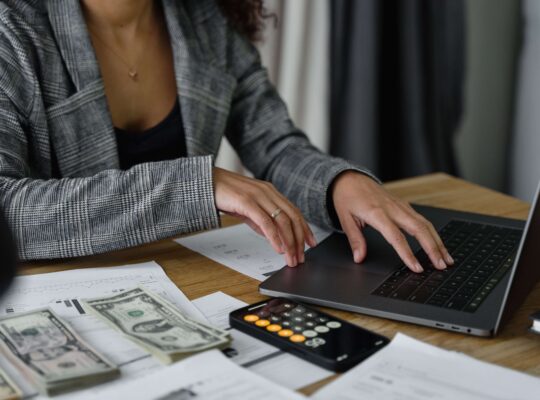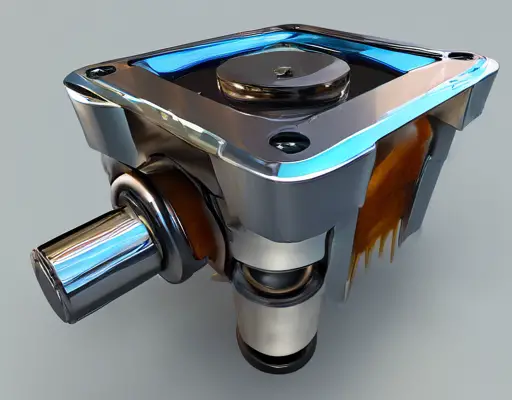Silver is a metal that has garnered increased attention over the last decade or so. This attention keeps on going up as the number of investors seeking tangible assets to hedge against economic uncertainties keeps on increasing. Distinct from coins and bars, silver rounds are prized for their purity and unique designs. With silver having maintained its value, solver rounds have become an attractive choice for those seeking physical ownership of a precious metal. The question that remains unanswered is, are silver rounds a good investment?
Advantages of Investing in Silver Rounds
People seeking a diversified and secure portfolio are investing in silver rounds due to a wide range of advantages.
Among these is the tangibility and security of silver rounds. These metals are tangible in that they provide investors with a physical form of wealth as they are an asset that can be felt when touched and seen. Just like other tangible assets, silver rounds are capable of acting as a secure anchor for an investment portfolio in times of market turbulence and economic uncertainty. This is unlike electronic or paper-based investments that do not exist in the real world and that can easily get damaged or lost.
Silver rounds are highly liquid. This means that they can be easily sold or bought in the market. This nature of silver rounds is crucial for investors who might need to quickly convert their assets into cash. This straightforward buying and selling makes it possible for investors to enter or exit positions with relative ease.
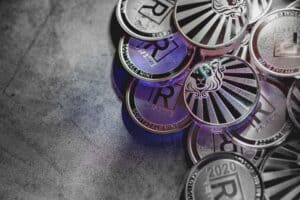
Another advantage that is associated with silver rounds is the global recognition and acceptance.
This might seem surprising but the collectability and aesthetic appeal of silver rounds do play a role when it comes to determining its advantages. Also, this collectability factor sets it apart from other forms of silver investments. It is Silver Rounds’ unique designs and limited editions that play a part in contributing to their aesthetic appeal and collector’s value.
Silver rounds are also associated with potential capital appreciation. This is because historically, silver has gone through periods of major price increases. This is especially true during times of inflation and economic uncertainty. Also, just like gold, silver rounds are a hedge against inflation. This means that the value of silver rounds would tend to increase alongside the cost of living.
Risks and Challenges
Besides the advantages of investing in silver rounds, there is also a downside. Silver rounds are not impervious to the ever-shifting tides of market volatility. Fluctuations in the silver market can be triggered by a myriad of factors, including global economic conditions, geopolitical events, and changes in investor sentiment. These fluctuations directly affect the value of silver rounds.
As an investor, it is important to remain vigilant about global economic indicators and events. This is because the value of silver rounds is intricately linked to the broader economic conditions. Hence, economic downturns, inflation, and currency devaluation are capable of exerting considerable influence on the performance of these metals.
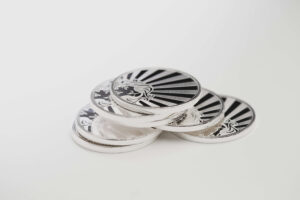
Being physical assets, silver rounds require careful storage and maintenance. This is unlike digital assets or securities. If they are improperly stored, they can tarnish, be scratched, or be exposed to other forms of damage that potentially diminish their aesthetic appeal and value. In most cases, they need to be stored in a safe deposit box, personal safe, or even through third-party storage services.
Are Silver Rounds a Good Investment
Back to the key question – are silver rounds a good investment? Silver rounds are a sound investment. This is because of various reasons such as being a hedge against inflation and economic uncertainty. Silver rounds, being physical assets offer a tangible store of value and historical trends that suggests that it can serve as a reliable long-term investment.
Silver rounds are relatively affordable and accessible. This makes them an attractive option for diversifying a person’s/investor’s portfolio and safeguarding against potential economic downturns.
Despite having some challenges and downsides, silver rounds are a favorable investment choice.
Silver Coins versus Silver Rounds
The choice between silver rounds and silver coins is often very difficult for many investors.
Silver coins, mostly minted by government entities, have iconic designs, historical figures, or national symbols. These designs carry with them cultural significance and historical value, making them appealing to collectors. Silver rounds, on the other hand, are produced by private mints and offer a broader range of artistic freedom. They might demonstrate unique and creative designs that cater to a diverse range of tastes.
Both silver coins and rounds do have premiums. These are additional costs above the spot price of silver. Often, government-issued coins carry higher premiums due to their perceived quality, historical value, and legal tender status. For silver rounds, the premiums are lower making them a cost-effective option for investors seeking the intrinsic value of silver without the added historical or collectible aspects.
So, is it better to buy silver coins or silver rounds? Choosing between silver coins and silver rounds ultimately boils down to the preferences and goals of an individual investor. Investors valuing historical significance, regulatory oversight, and potential collector’s value might find silver coins more appealing. For those prioritizing affordability, creative designs, and a straightforward investment in silver’s value, silver rounds become the best option. Therefore, for a person who wants affordable silver, one that is less costly, it is better to buy silver rounds.
Face Value in Silver Rounds
In the context of coins and currency, face value is the nominal value assigned by the issuing authority. This is symbolic as it might not necessarily reflect the actual market value of the metal content. The presence of face value makes a coin to be acknowledged by governments as having a predetermined value for trade. This is even if the metal’s intrinsic value exceeds the nominal amount.
With silver rounds being produced by private mints, they do not have a face value. This means that they lack the legal tender status that silver coins, produced by government mints enjoy. The absence of face value does not diminish the intrinsic value or investment appeal of silver rounds. In fact, many investors are drawn to rounds precisely because they represent pure silver without the symbolic constraints of face value.
Selling Silver Rounds
Are silver rounds hard to sell? This is a question that does not have a definitive answer. This is because the ease of selling silver rounds is intricately linked to the broader dynamics of the silver market. Like any commodity, silver experiences fluctuations influenced by supply and demand, economic conditions, and geopolitical factors. The manner in which the market responds to these influences has an impact on the speed and probability of selling silver rounds.
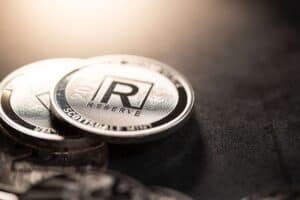
When compared with other popular silver investments like coins and bars, silver rounds possess a distinctive market appeal. This is mainly due to being privately minted and often having unique designs. In the silver market, established coins like the American Silver Eagle enjoy widespread recognition making them easily tradable. Silver rounds are well recognized and have a certain percentage of popularity.
The unique designs and limited editions of silver rounds enable them to possess numismatic value. This collectible aspect enhances the metal’s market appeal, potentially making it easier to sell to collectors.
Therefore, regardless if silver rounds are hard to sell, they are easy to sell given that their condition has been maintained and that they are in the right market.
Final Comment
Silver rounds present a compelling investment option, driven by tangible advantages. Their tangibility provides a secure anchor in market turbulence, while high liquidity allows easy buying and selling. Globally recognized, with unique designs adding collector’s value, silver rounds act as a hedge against inflation. Despite market volatility risks and storage considerations, they remain an accessible and affordable option for portfolio diversification.

